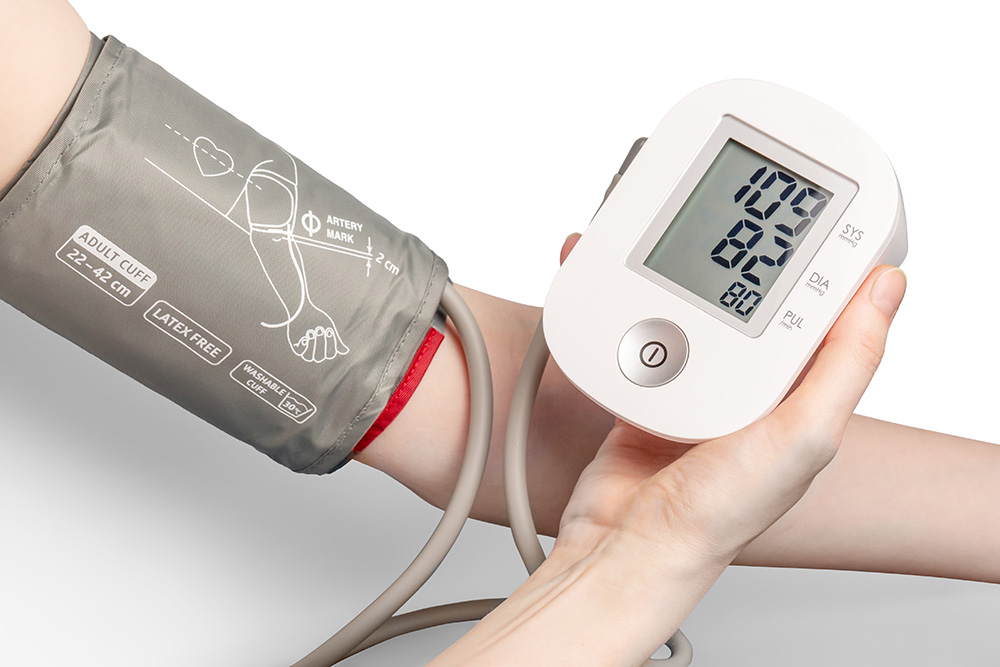Introduction
Maintaining good health is a priority for everyone, and regular screening tests are crucial in the early detection and prevention of various health conditions. Men, like women, benefit from routine screenings to catch potential issues in their early stages when treatment is often more effective. This comprehensive guide will explore the essential screening tests that every man should consider to safeguard his health and well-being.
Blood Pressure Measurement
High blood pressure, or hypertension, is a silent killer that can lead to serious health problems, including heart disease and stroke. Regular blood pressure checks are essential. Men should have their blood pressure measured at least once every two years, more frequently if they have risk factors like obesity or a family history of hypertension.
Cholesterol Levels
Elevated cholesterol levels are a significant risk factor for heart disease. Men over 35 should have their cholesterol levels checked every five years. Those with known heart disease or additional risk factors may need more frequent testing. If necessary, managing cholesterol through diet, exercise, and medication can significantly reduce the risk of heart-related issues.
Blood Sugar Testing
Diabetes is a growing concern worldwide, and early detection is crucial for effective management. Men should get their blood sugar levels checked every three years, starting at age 45. Those with risk factors, such as a family history of diabetes or obesity, should begin testing earlier.
Prostate Cancer Screening
Prostate cancer is one of the most common cancers in men. Screening for prostate cancer involves a discussion between a man and his healthcare provider about the potential benefits and risks of testing. Prostate-specific antigen (PSA) blood tests and digital rectal exams are typically used for screening. Men should discuss prostate cancer screening with their healthcare provider, especially if they are at higher risk due to age, family history, or race.
Colorectal Cancer Screening
Colorectal cancer is a significant threat to men's health but is highly treatable when caught early. Starting at age 45, men should consider regular screenings, including colonoscopy, fecal occult blood testing, or sigmoidoscopy. The frequency and type of screening may vary based on individual risk factors and family history.
Testicular Cancer Self-Exams
Testicular cancer is relatively rare but can affect men of all ages, with a higher risk among those between 15 and 35. Self-exams are a simple way to detect changes in the testicles, such as lumps or swelling. Men should be encouraged to perform regular testicular self-exams and promptly report any abnormalities to their healthcare provider.
Skin Cancer Screening
Skin cancer, including melanoma, is more common in men than women. Regular self-exams for unusual moles or changes in the skin's appearance can help detect skin cancer early. Annual skin examinations by a dermatologist are recommended, especially for men with a family history of skin cancer or those with many moles.
Bone Density Testing
Osteoporosis is often considered a women's health issue but can also affect men. Men over 70, or those with risk factors such as low body weight or a history of fractures, should discuss bone density testing with their healthcare provider. Early detection can help prevent fractures and maintain mobility in later years.
Vision and Eye Health
Regular eye exams are essential for maintaining good vision and detecting eye diseases such as glaucoma and macular degeneration. Men should have their eyes checked at least every two years, more often if they have vision problems or a family history of eye disease.
Dental Check-Ups
Oral health is an integral part of overall well-being. Men should visit their dentist for regular check-ups and cleanings every six months. Neglecting oral health can lead to issues like gum disease, which has been linked to heart disease and other systemic health problems.
Sexually Transmitted Infection (STI) Testing
Sexually active men with multiple partners or who engage in high-risk sexual behaviours should consider regular STI testing. Testing for STIs like chlamydia, gonorrhea, syphilis, and HIV can help prevent the spread of infections and ensure prompt treatment when necessary.
Lung Cancer Screening
For men aged 55 to 80 who are heavy smokers or have quit smoking within the past 15 years, low-dose computed tomography (CT) scans are recommended for lung cancer screening. Lung cancer is a leading cause of cancer-related deaths, and early detection can significantly improve survival rates.
Conclusion
Regular screening tests are essential for men to maintain optimal health and catch potential health issues early when they are most treatable. While the specific tests and their frequency may vary based on individual risk factors, age, and personal health history, these screenings collectively contribute to a healthier and longer life. Men are encouraged to proactively approach their health, consult with their healthcare providers, and schedule the necessary screenings to ensure their well-being for years.
Dr Clem Bonney
Dr Clem Bonney, is a GP with many years of experience in assisting men with their health needs. Providing caring and comprehensive medical services to men, who often neglect their own health needs.

